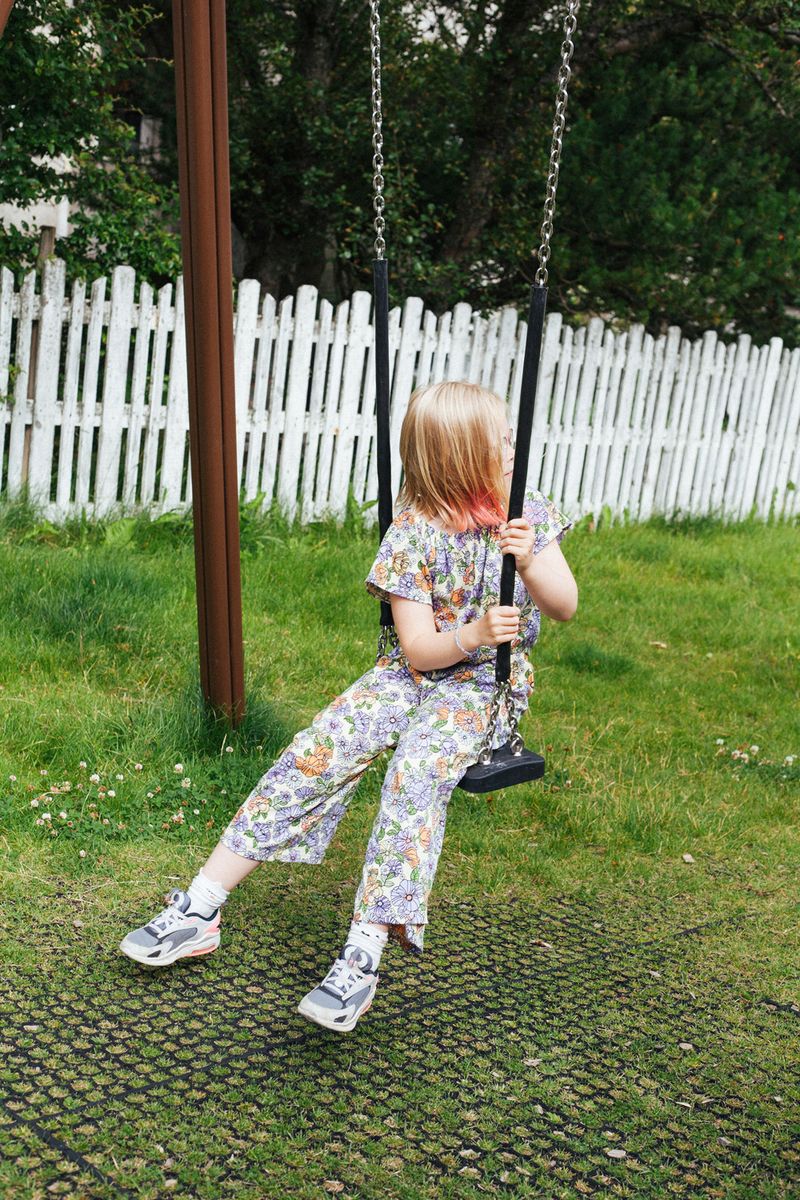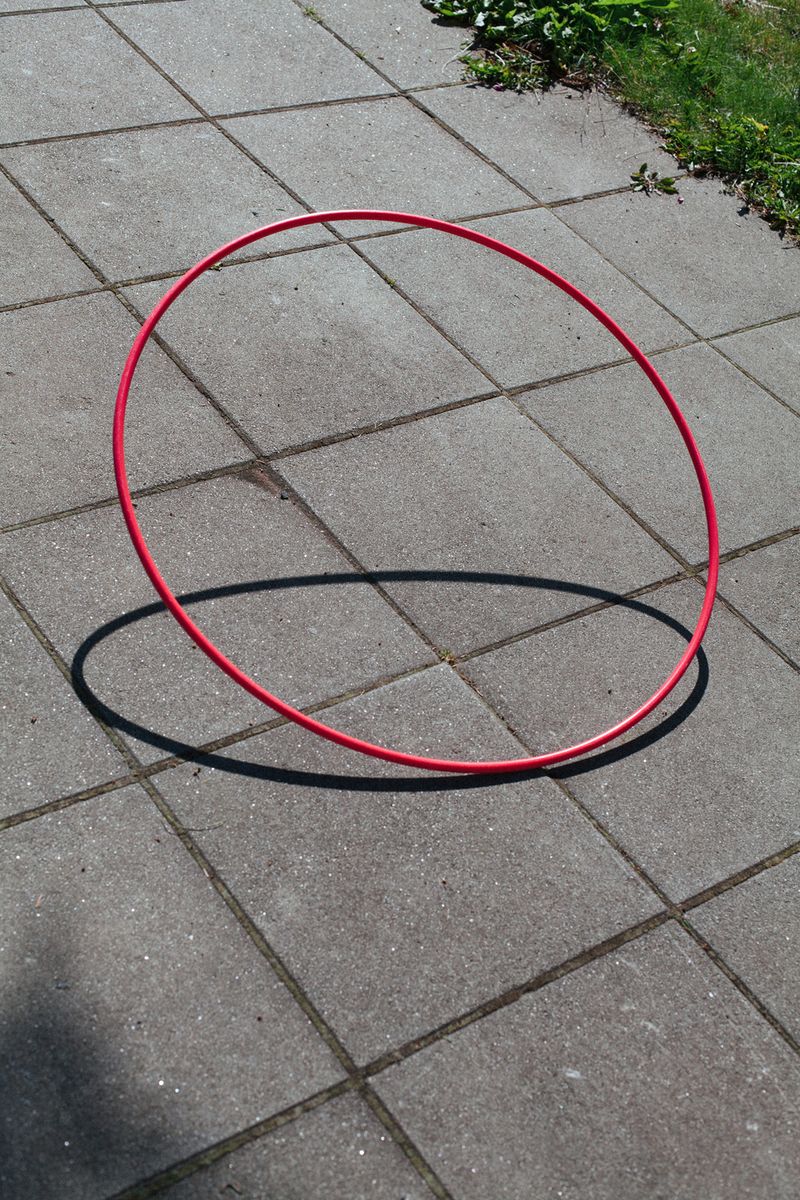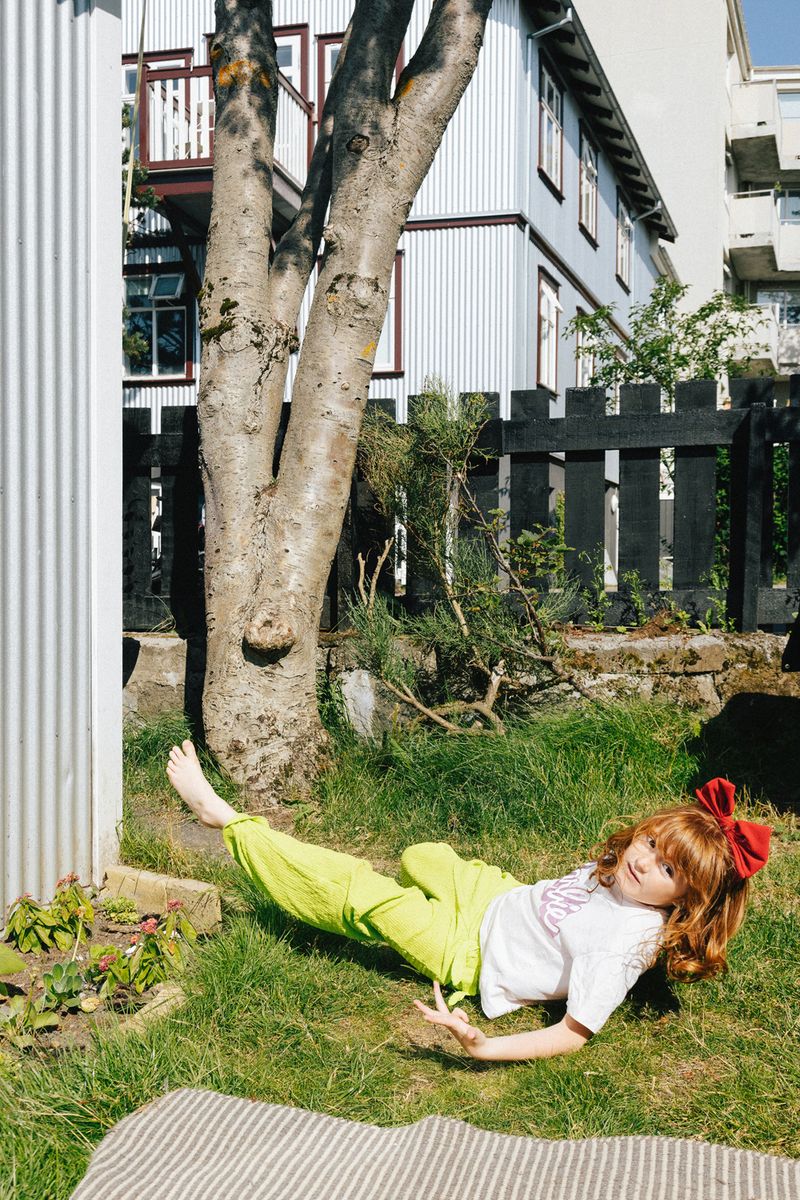Nine Waves
-
Dates2021 - Ongoing
-
Author
- Locations Spain, Iceland
Nine Waves is a retrospective personal account of my years of infertility (of searching, waiting, treatments, rituals, uncertainty), but at the same time looking for common ground with those who have gone through the same experience throughout history.
At midnight on the last Saturday of August, on A Lanzada beach in Galicia (Spain), women trying to conceive step into the sea. As nine waves wash over their wombs, the ritual becomes a symbol of renewal, fertility and the hope for new life.
I knew I wanted to be a mother the day I saw a pair of tiny Levi's Strauss in a department store. The idea of a little human fitting into that wonderfully well-sewn piece of fabric, such a replica of a real one, awakened a type of overwhelming tenderness in me. Don't worry, you're young, you have time. Little did I know at that time about the legs up, the waiting rooms, the hysterosalpingogram, the thermometer that didn’t read 37.2ºC every day, the almosts, the prescriptions, the coral of every month. Don’t get obsessed, these things happen for a reason. It's fine.
According to the World Health Organization, infertility is a disorder that doesn't allow you to get pregnant after 12 months of trying. Despite its importance, infertility is a topic that has historically been poorly explored. This problem is magnified because we are talking about a void that develops in the bodies of women (a historically marginalized group) and that is generally kept in silence.
Nine Waves is a retrospective personal account of my years of infertility (of searching, waiting, treatments, rituals, uncertainty), but at the same time looking for common ground with those who have gone through the same experience throughout history. The body of work consists of pictures of feelings, metaphors, rituals and portraits of the children of friends born in the almost six years I was trying to be a mother. With this project I want to raise awareness of a reality that is generally unknown because it’s normally lived in silence, but that affects and will continue to affect future generations — by the year 2050, 41% of men will be infertile and will need assisted reproduction techniques to conceive.




















